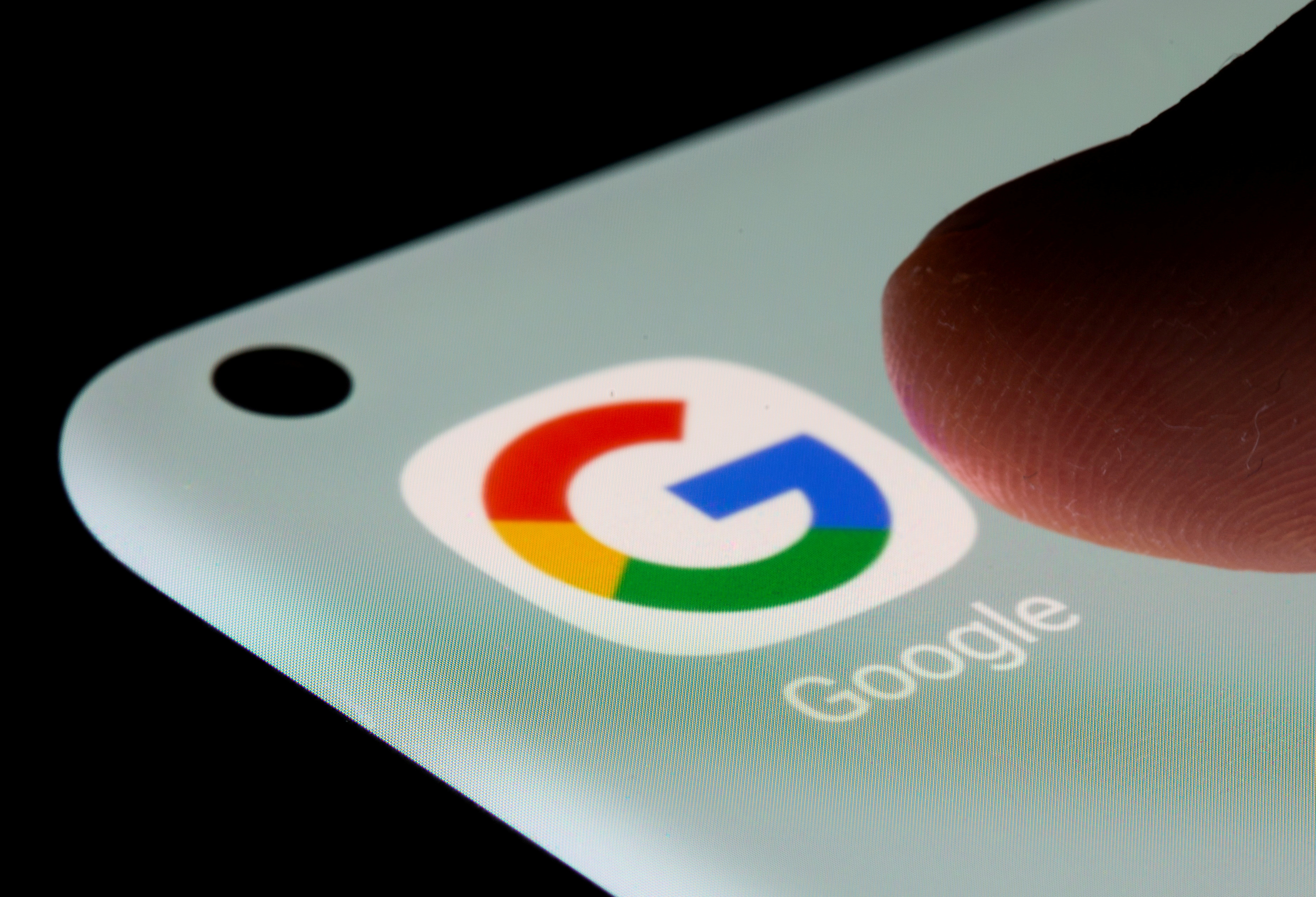
로이터가 전한 소식이다.
미국 법무부가 인터넷 거대 검색 기업인 구글의 디지털 광고 사업에 대해 구글의 회사인 알파벳(Alphabet)을 상대로 두 번째 독점 소송을 준비하고 있다고 블룸버그는 지난 수요일 보도했다.
법무부는 이미 지난 10월 구글을 상대로 소송을 제기했고, 해당 재판은 2023년 9월로 잡혀있다. 법무부 대변인은 해당 사항에 대해 따로 논평할 것은 없다고 이야기했다.
해당 소송에 대해 질문을 받은 구글은 이메일에서 “광고 기술은 웹사이트와 앱이 콘텐츠에 자금을 지원하고 중소기업이 성장할 수 있도록 하며, 착취적인 개인 정보 보호 관행과 질 나쁜 광고 경험으로부터 사용자를 보호하는 데 도움이 된다”고 응답했다.
구글이 검색엔진을 휴대폰처럼 자동차, TV, 스피커 내부에서 지배적으로 만들기 위해 시장 지배력을 남용했다고 미국의 38개 주는 소송을 제기했다.
텍사스 주는 다른 주들의 지원을 받으며 구글이 온라인 광고 사업을 운영하는 방식에서 독점 금지법을 위반했다고 비난하면서 구글을 상대로 별도의 소송을 제기했다.
한편, 미국 법무부 수사관들은 구글이 “쿠키(Cookie)”라고 불리는 인기있는 웹 추적 도구를 차단하려는 계획에 대해 광고 업계 임원 및 업계 관계자가 소규모 기업을 방해할 것이라는 평가가 있었다며 우려를 표했다.
WASHINGTON, Sept 1 (Reuters) – The U.S. Justice Department is readying a second monopoly lawsuit against Alphabet Inc-owned (GOOGL.O) Google over the internet search giant’s digital advertising business, Bloomberg News reported on Wednesday, citing a person familiar with the matter.
The Justice Department sued Google in October, accusing the $1 trillion company of illegally using its market muscle to hobble rivals. A trial was set for September 2023.
A Justice Department spokeswoman declined to comment.
Asked about the report, Google responded in an email that its “advertising technologies help websites and apps fund their content, enable small businesses to grow, and protect users from exploitative privacy practices and bad ad experiences.”
A lawsuit by 38 U.S. states and territories accuses Google of abusing its market power in an effort to make its search engine as dominant inside cars, TVs and speakers as it is in phones. This was consolidated with the federal lawsuit for purposes of discovery.
Texas, backed by other states, filed a separate lawsuit against Google, accusing it of breaking antitrust law in how it runs its online advertising business.
Reuters reported in March that Google’s plan to block a popular web tracking tool called “cookies” concerns U.S. Justice Department investigators who have been asking ad industry executives whether that would hobble smaller rivals, citing people familiar with the situation.
![]()



![[TBWA 디지털 마케팅] 구글 바드(Bard), SEO 경쟁력 높이기](https://mobiinsidecontent.s3.ap-northeast-2.amazonaws.com/kr/wp-content/uploads/2024/07/18142930/240719_%EA%B5%AC%EA%B8%80%EB%B0%94%EB%93%9C_01-218x150.jpg)
![[마케팅과 살아가는 이야기] 쿠키리스 시대, 마케팅 시장에 가져온 변화는](https://mobiinsidecontent.s3.ap-northeast-2.amazonaws.com/kr/wp-content/uploads/2024/07/11161228/240715_%EC%BF%A0%ED%82%A4%EB%A6%AC%EC%8A%A4_%EC%84%AC%EB%84%A4%EC%9D%BC-218x150.jpg)
![[텐투의 게임라이브옵스] 구글 애즈(Ads) 전환은 어디까지 진짜일까?](https://mobiinsidecontent.s3.ap-northeast-2.amazonaws.com/kr/wp-content/uploads/2024/07/03150618/240704_%EA%B5%AC%EA%B8%80-%EC%95%A0%EC%A6%88-%EC%A0%84%ED%99%98_%EC%84%AC%EB%84%A4%EC%9D%BC-218x150.jpg)